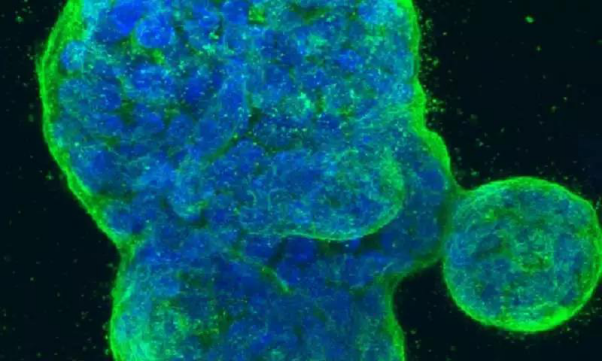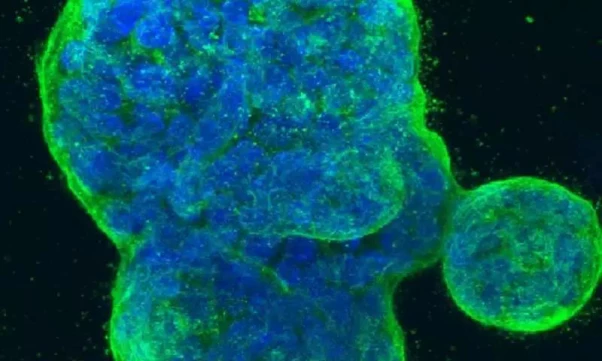Study finds new mechanism for inhibiting the potential spread of breast cancer

Study finds new mechanism for inhibiting the potential spread of breast cancer

Copyright © iCell Bioscience Inc, Shanghai 2018-2019
Recurrence of cancer is a major cause of death in breast cancer (BC), which is due to the outbreak of dormant tumor cells. Scientists have previously determined that breast cancer cells will lurk in other parts of the body and re-emerge within a few years.
When the disease is transferred to other organs or parts of the body, approximately 90% of breast cancer patients die. Scientists have been working to understand how cancer cells are hidden (sometimes even hidden for decades) and what triggers their reawakening.
A recent latest study showed that Kent Hunter, a researcher at the National Cancer Institute in Maryland, in the United States, used human or animal models to disrupt this mechanism through drug or genetic manipulation, which could cause cancer cells to paralyze and suppress it. The ability to spread, this achievement provides a promising goal for the treatment of breast cancer.

The results of the study demonstrate that breast cancer cells can survive in patients for a long time through a process known as autophagy.
Autophagy occurs in any or healthy or cancerous cells. To survive, these cells recombine internal components to adapt to stress and malnutrition conditions. This allows the cells to be partially closed and enter a state similar to hibernation.
Many traditional anti-cancer drugs are designed for dividing cells, however, dormant cells do not actively or frequently divide. In addition, dormant cells are hidden elsewhere in the body, which helps them to avoid local treatments such as radiation.
In the first experiment of this study, researchers injected dormant breast cancer cells into mice. Of these, half of the animals were treated with drugs that inhibited autophagy, while the other half were given placebo or "counterfeit drugs." In the second experiment, the study changed the genes that control autophagy.
The results of the study found that these two methods "significantly" reduce the survival rate of cancer cells and limit the spread of cancer cells. In the absence of autophagy, cancer cells accumulate toxic substances and damage their own mitochondria (the cells' energy production unit).
 Loading ....
Loading ....
